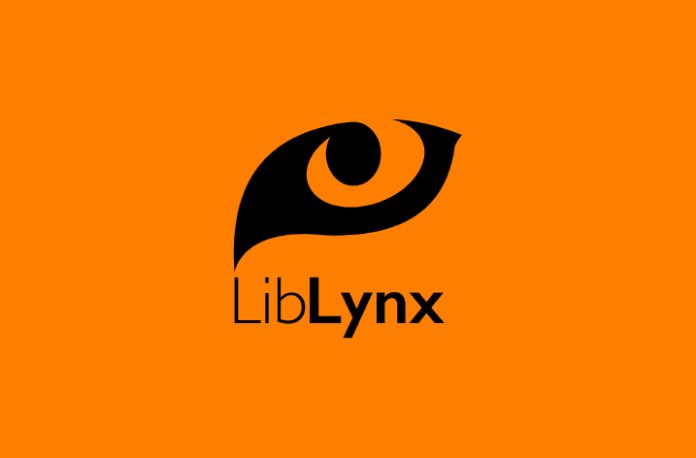
A collaboration between LibLynx & PSI Metrics has enabled the Public Library of Science (PLOS) to become the first wholly Open Access (OA) publisher to deliver Release 5 COUNTER-compliant usage reporting to the library community. This is an important milestone in the development of usage reporting that meets the growing needs of the OA movement.
PLOS and LibLynx announced a partnership in 2020 to develop ground-breaking analytics that communicate the usage and impact of OA content to their stakeholder communities, and libraries in particular. The first phase of this initiative was to deliver COUNTER reports to PLOS institutional partners that enable them to understand their usage of PLOS OA content.
Unlike traditional paywalled access scenarios, users engaging with OA content do not need to be authorized and so their organizational affiliation is unknown at the point of access. Generating COUNTER reporting for the PLOS library community required the development of custom processing logic by LibLynx that attributed OA usage to organizations based on matching their registered IP addresses against data from PSI Metrics.
“This is a huge milestone for us. The development of next generation metrics for wholly-OA content is one of the great benefits of our Open Access agreements with institutions, and we are delivering on that promise,” said Sara Rouhi, Director of Strategic Partnerships, PLOS.
“COUNTER very much welcomes PLOS becoming a publisher compliant with the Code of Practice. Our consultations with the library community, our OA Advisory Group and ongoing workshops demonstrate a demand for COUNTER reports from fully OA publishers, as part of the evaluation of the return on investment associated with open access content,” said Lorraine Estelle, Project Director, COUNTER.
Having engaged with the community over the last year to better understand their reporting needs, PLOS and LibLynx are now working on the development of new, more flexible reporting tools to better understand usage and impact of OA content.
























